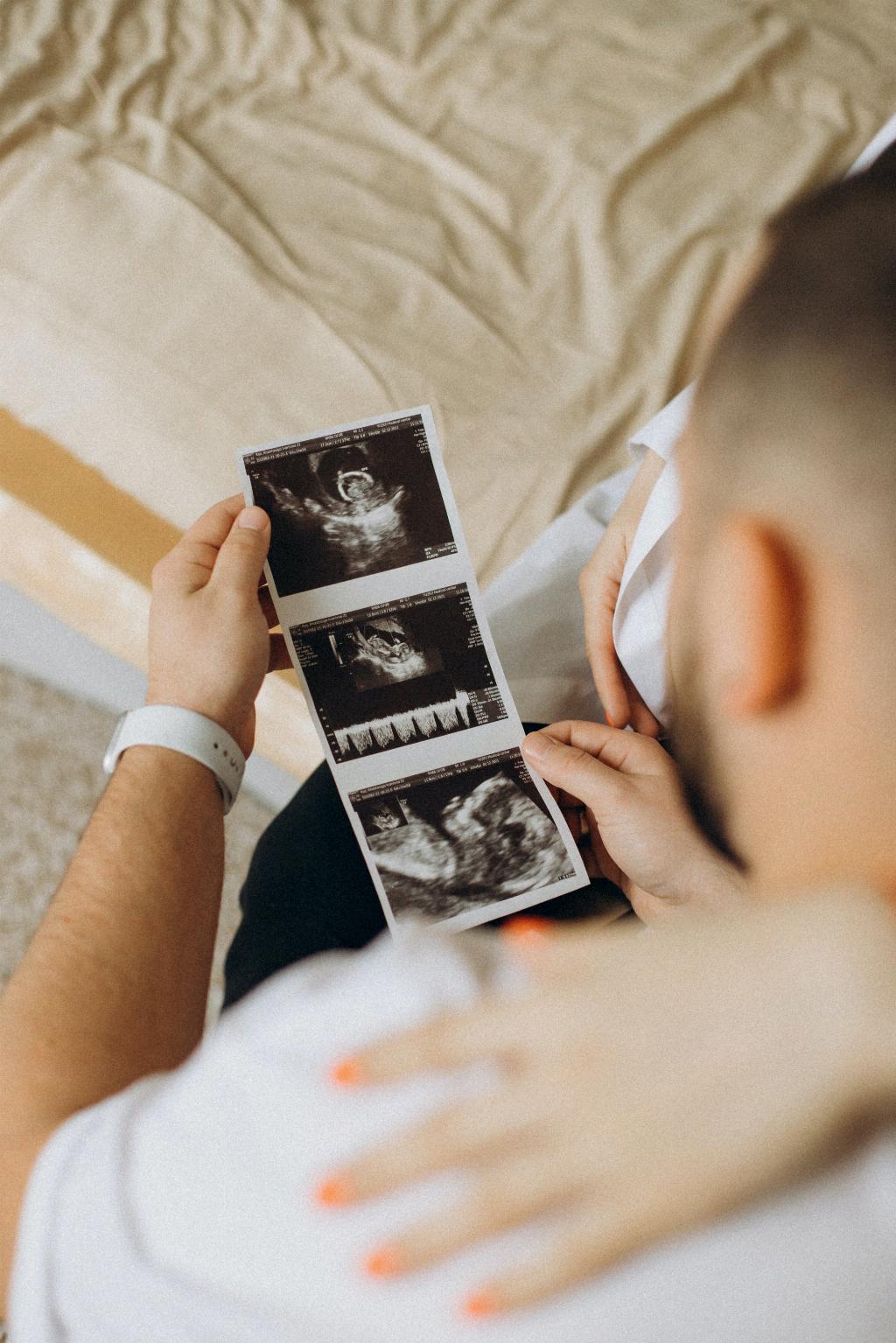When it comes to the onset of preeclampsia, it is crucial to acknowledge the timeline within which this condition typically arises. Preeclampsia is a pregnancy complication characterized by high blood pressure and often the presence of protein in the urine after 20 weeks of gestation. This specific timing is significant as preeclampsia rarely occurs before the 20th week of pregnancy.
Despite the standard occurrence timeline, there have been rare cases where individuals have developed preeclampsia earlier in their pregnancy, even as early as 6 weeks. The majority of cases still present after the 20-week mark, but it is essential to recognize that early-onset preeclampsia, though uncommon, is a possibility.
For those who do experience preeclampsia symptoms in the first trimester, it is vital to be aware of the potential risks and complications associated with the condition. While mild symptoms may initially manifest, there is always a risk of the condition worsening and leading to severe complications if left unmanaged.
Early detection and monitoring play a critical role in managing preeclampsia effectively. Regular prenatal visits and communication with healthcare providers are essential in identifying any signs or symptoms that may indicate the presence of preeclampsia, regardless of the gestational age at which it occurs.
It is important to note that preeclampsia can also develop postpartum, within the first 4 weeks after giving birth. This means that even individuals who did not experience preeclampsia during pregnancy should remain vigilant in the weeks following delivery, as the condition can still arise during this period.
Being proactive in monitoring blood pressure, identifying any unusual symptoms, and seeking immediate medical attention if any concerns arise can significantly impact the management and outcome of preeclampsia, whether it occurs at 6 weeks or later in pregnancy.
Understanding the risk factors associated with preeclampsia, such as a history of high blood pressure, obesity, or carrying multiple fetuses, can also help individuals and healthcare providers be more attentive to the possibility of preeclampsia developing at any stage of pregnancy.
While the occurrence of preeclampsia at 6 weeks remains uncommon, it is crucial to approach pregnancy with awareness and preparedness for any potential complications that may arise. By staying informed, maintaining open communication with healthcare professionals, and prioritizing prenatal care, individuals can navigate the complexities of pregnancy with greater confidence and awareness.
Ultimately, the answer to whether preeclampsia can occur at 6 weeks is a nuanced one, influenced by various factors unique to each individual’s pregnancy journey. By remaining informed, vigilant, and proactive in managing one’s health throughout pregnancy and beyond, individuals can empower themselves in addressing potential challenges such as preeclampsia with resilience and determination.

